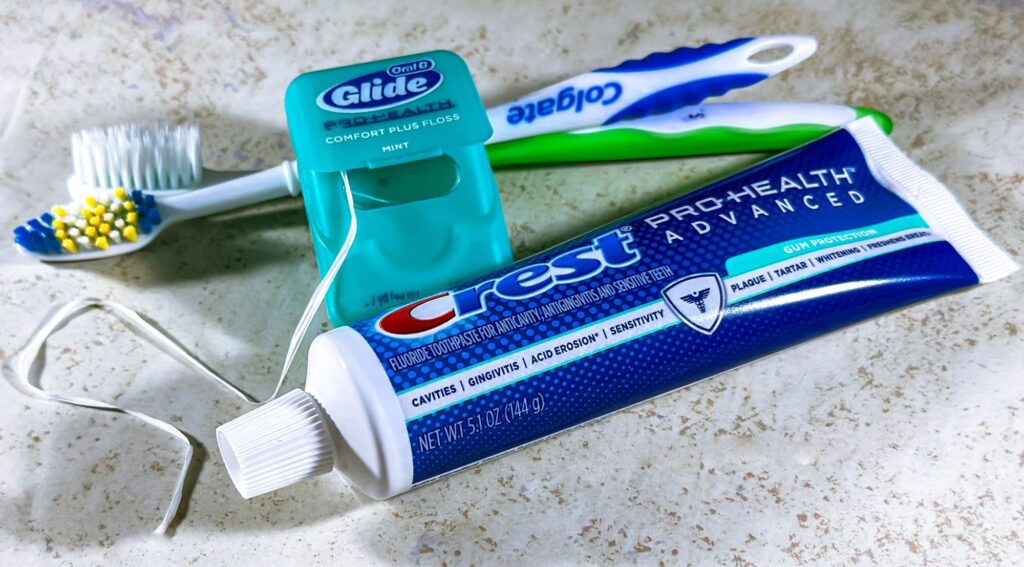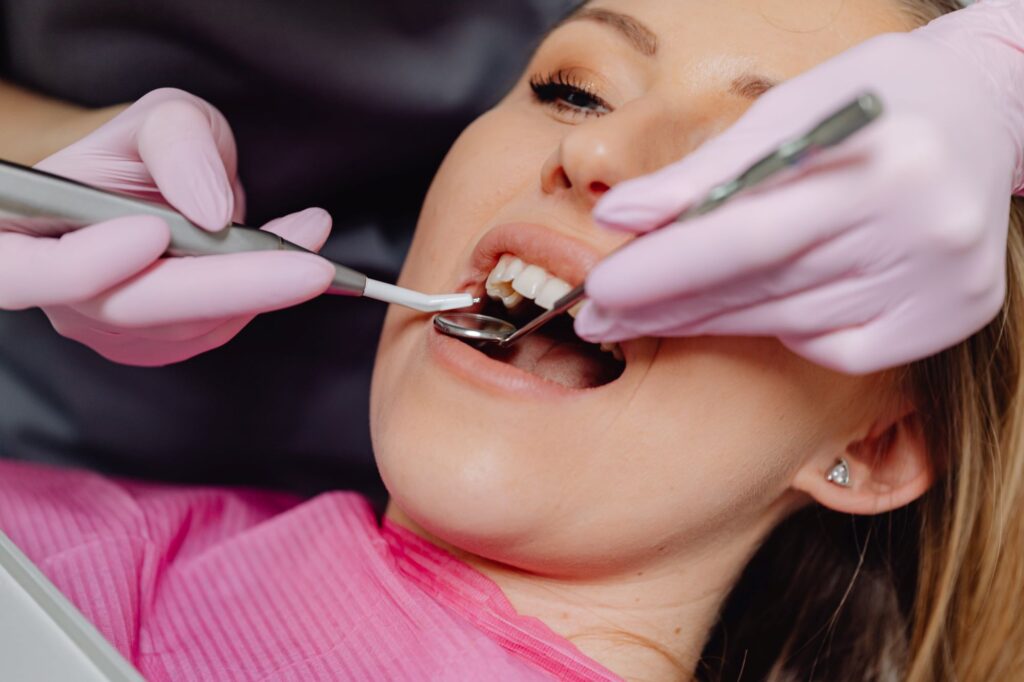Taking care of your teeth is important for more than just a nice smile—it helps keep your whole body healthy. Good dental care can prevent cavities, gum problems, and even other health issues down the road. In this guide, we’ll cover why it’s important to look after your teeth and share some easy ways to keep them clean, strong, and cavity-free for long-term health.
Overcoming Gingivitis
Growing up, I struggled with gingivitis because dental care wasn’t a priority in my family. It wasn’t until high school, when I sought braces, that I realized how much effort proper oral care required. Even after getting my braces off, I didn’t consistently prioritize my dental health, which caused my gingivitis to worsen.
In a previous post, “Gingivitis to Healthy Gums,” I shared how I finally overcame this by committing to regular dental care. Now, I visit the dentist at least three times a year, which has helped keep my gums and teeth healthy. Regular, consistent care is crucial, especially for those at higher risk for gum disease.
Importance of Oral Care
Taking care of your teeth early on is important to avoid serious issues as you get older. From my time working in a dental office and seeing my sister, who’s a dentist, I’ve seen how skipping dental care can lead to big health problems for people of all ages.
Good dental care isn’t just about having a bright smile—it’s key to staying healthy overall. Ignoring your teeth can lead to more than just cavities or gum disease. It’s also linked to serious health issues like heart disease, diabetes complications, and even lung infections.
Your mouth reflects your health. Regular brushing, flossing, and dentist visits aren’t just routines; they’re steps that help you stay healthier. In the end, a healthy smile means a healthier you.
How I Take Care of My Teeth
Taking care of my teeth is an important part of my daily routine, and I never take it for granted. Here are the steps I follow to keep my teeth healthy:

1. Brushing Twice Daily
I brush my teeth twice a day with Sensodyne toothpaste and use an electric toothbrush to remove plaque, bacteria, and food particles. My dentist recommended waiting 30 minutes after eating before brushing to protect my enamel, as brushing too soon can cause damage.
Following these habits has kept my teeth strong and enamel intact, and I’m proud to say I haven’t had a cavity in over 30 years.
2. Flossing Daily
I brush my teeth twice a day and use floss and interdental cleaners to better take care of my teeth and prevent gingivitis. These tools reach areas my toothbrush can’t, like between my teeth and under the gumline, where plaque can build up. Plaque can turn into tartar, leading to cavities and gum disease, so using floss or interdental cleaners is essential.
By removing plaque from hard-to-reach areas, I keep my gums and teeth healthy, reducing inflammation and the risk of gingivitis. This routine has made a big difference in maintaining my oral health.
3. Regular Dental Check-ups

I make it a priority to take care of my teeth by visiting the dentist at least three times a year. These regular visits help catch any issues, like decay or gum disease, early, which keeps my teeth and gums healthy.
During these check-ups, dentists carefully examine my mouth and perform professional cleanings to remove tartar that regular brushing and flossing can’t handle. Since I’ve had periodontal issues before, these cleanings are especially important in preventing cavities and gum disease.
I always look forward to them because they leave my teeth feeling fresh and bright, even clearing up tea stains.
5. Avoiding Tobacco
Although I’ve never smoked, I understand how smoking and tobacco use can severely harm oral health, increasing the risk of gum disease, tooth loss, and oral cancer. The chemicals in tobacco damage oral tissues and restrict blood flow to the gums, making them more susceptible to infection. Smoking also weakens the immune system and slows recovery after dental procedures.
Therefore, avoiding tobacco is essential for oral health. Quitting smoking improves blood flow, reduces inflammation, and strengthens the gums, significantly lowering the risk of oral cancer and other dental issues over time.
4. Maintaining Healthy Teeth Through a Good Diet

Limiting sugary foods and drinks is also a key to taking care of my teeth, as they can lead to plaque and tooth decay. Instead, I focus on foods rich in calcium, phosphates, and vitamin C to support strong teeth and gums. Calcium and phosphates strengthen enamel, while vitamin C promotes healthy gums.
My Whole Food Plant-Based diet, packed with fruits, vegetables, and nuts, greatly benefits my oral health. These foods help cleanse my mouth, increase saliva, and naturally protect my teeth from decay. Crunchy fruits and veggies, like apples and carrots, act as natural tooth cleaners, while nuts provide essential nutrients like phosphorus and calcium.
By following this diet, I not only nourish my body but also actively care for my teeth, promoting stronger gums and reducing the risk of dental problems.
6. Protective Measures
Protecting your teeth is important. While I don’t use it myself, my dentist suggests antimicrobial mouthwash to reduce plaque, prevent gingivitis, and keep breath fresh—though it should only support, not replace, brushing and flossing.
Mouthguards protect teeth during sports, while nightguards help prevent damage from grinding teeth at night. I use a nightguard since I tend to grind my teeth while sleeping. Adding these steps to my routine has helped protect my teeth and prevent dental issues.
Importance of Taking Care of Your Teeth
Taking care of your teeth is essential for a healthy, pain-free life. Building good habits like regular brushing, flossing, and dental visits helps protect your teeth and gums. It also helps prevent bigger problems later on. Remember, a healthy smile isn’t just about appearance—it’s about overall well-being. By making oral care a priority, you’re investing in a happier, healthier future.














